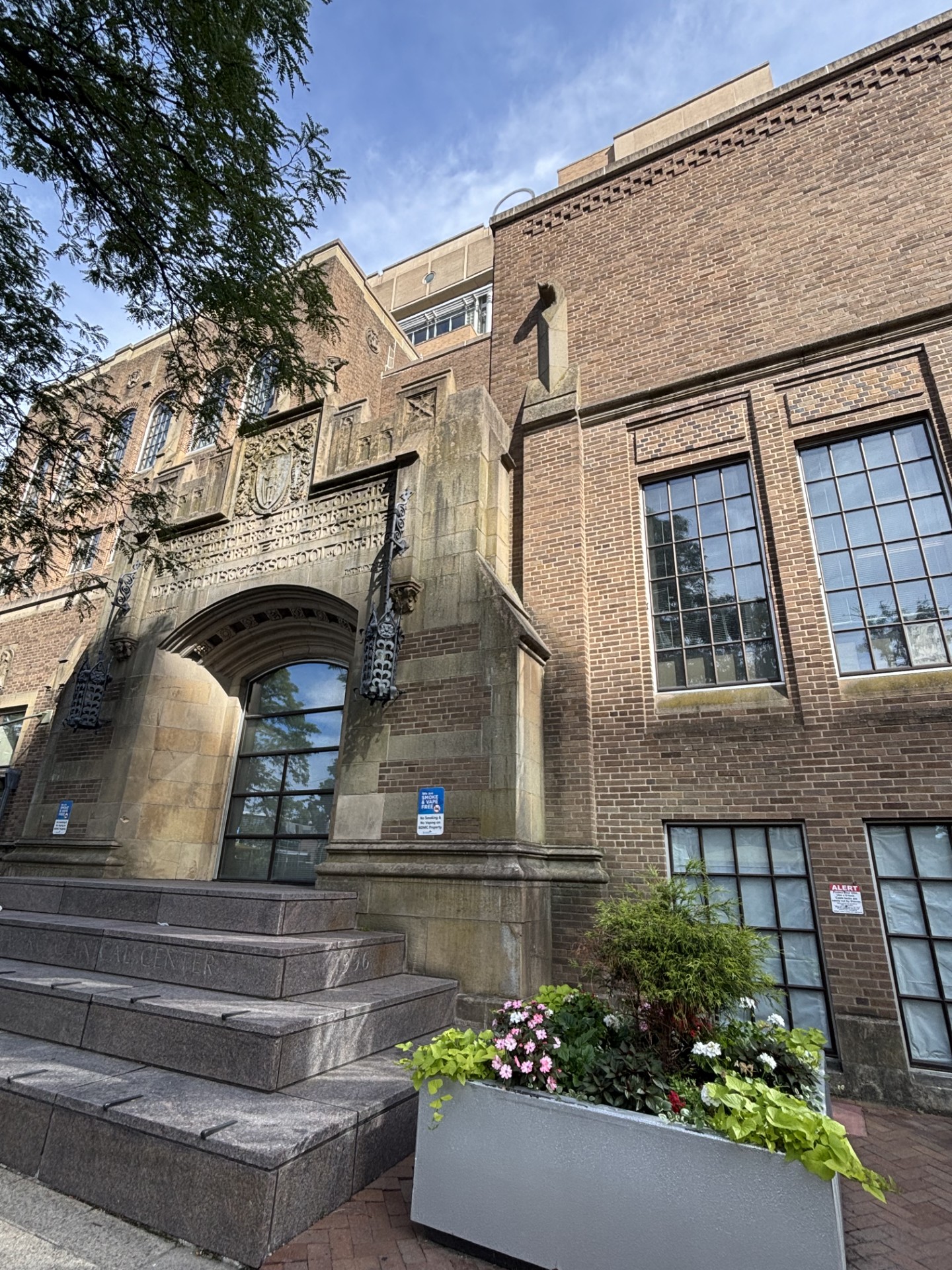Research Scientists | Physics & Informatics | Abdominal Radiology | Cardiothoracic Imaging | Breast Imaging | Musculoskeletal Imaging & Interventions | Neuroradiology | Nuclear Medicine | Vascular & Interventional Radiology | Research Fellows and Staff | Administrative Team
Research Scientists

Dr. Alsop's work focuses on developing and improving MRI techniques, especially those that provide new sensitivity to physiology and pathophysiology, and collaborating on their application to the study, treatment, and diagnosis of disease.

Dr. Grant's research focuses on hyperpolarized carbon-13 as a tool for metabolic and functional imaging. Areas of interest include cancer diagnosis and treatment monitoring and applications to cerebral perfusion.

Dr. Varma's research focuses on MRI of tissue microstructure and the use of his MR physics background to develop new pulse sequences and quantitative analyses, as well as translation between preclinical high-field experiments and clinical 3T MRI.
Dr. Burstein’s research focuses on molecular imaging of cartilage; she and coworkers developed “dGEMRIC” – delayed gadolinium enhanced imaging of cartilage – the resulting imaging studies helped to alter the paradigm of arthritis from that of a chronic and progressive destruction of cartilage, to that of a disease which could be reversible. Most recently, Dr. Burstein has mentored over 200 trainees within the MIT IMPACT program, helping trainees identify and articulate how their research can be most impactful.
Physics and Informatics

Dr. Palmer’s research involves protocols, analysis schemes, and methodologies for improved quantitative imaging in PET and SPECT, as well as the development of apparatus and procedures for improved quality assurance in clinical medical physics.

Dr. MacLellan’s research focuses on large-scale analyses of clinical MR images and associated metadata, with the aim of quantifying and optimizing image quality and utilization as part of continuous process improvement.

Dr. Olguin’s research focuses primarily on quantifying radiation dosimetry across a wide range of modalities, including fluoroscopy, CT, and nuclear medicine. Most recently, he has focused on applying machine learning algorithms to accelerate organ dosimetry for patients undergoing CT chest scans. Dr. Olguin’s other research efforts include CT post-processing to mitigate blooming artifacts and phantom development for nuclear medicine protocol optimization.

Clinical Researchers
Abdominal Imaging and Interventions

Dr. Bezuidenhout focuses his research endeavors on benign and malignant pancreatic pathologies. As a co-director of the multidisciplinary Pancreatic Cancer Program at BIDMC, chair of the national Society of Abdominal Radiology's Pancreatitis Disease Focus Panel, and member of national and international pancreatic cancer study groups, he has multiple ongoing collaborative research efforts targeting pancreatitis and pancreatic cancer. Dr. Bezuidenhout is also initiating a multidisciplinary collaborative research effort in correlating radiomics and pathology on ex-vivo human pancreatic cancer specimens on preclinical 9.4T MRI.
Dr. Brook's research theme is improving patient outcomes through imaging and interventions. Her latest grant-funded project is developing a prospective process for concordance assessment of pathology results with imaging findings after image-guided biopsy. Prior projects included disease-specific structured reporting, incidental pancreatic and ovarian findings management, safety and efficacy of image-guided procedures, and CT image quality improvement with iterative reconstructions and spectral imaging.
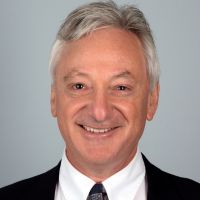


Dr. Rawson’s research interests include process improvement in radiology operations, value in healthcare through health system redesign, and health policy.


Dr. Smith's research interests include the development of new techniques in MRI for abdominopelvic imaging and the application and appropriate use of imaging in the abdomen and pelvis.

Dr. De Paepe’s research primarily focuses on hepatobiliary disease, with a specific emphasis on identifying imaging markers to improve diagnosis and prognostication in chronic liver disease and liver cancers. In addition, Dr. De Paepe brings prior expertise in whole-body MRI for diagnosis and treatment response assessment in hematological cancers (lymphoma, multiple myeloma), breast cancer, and hereditary cancer syndromes.
Cardiothoracic Imaging

Dr. Diana Litmanovich is Chief of Cardiothoracic Imaging at Beth Israel Deaconess Medical Center and Associate Professor of Radiology at Harvard Medical School. She is a world-renowned expert in thoracic and cardiovascular imaging, and has published over 100 research reports, review articles, case reports, and editorials in these fields. Her research focuses on the development, validation, and application of innovative cardiothoracic imaging methods to improve the diagnostic yield and overall clinical care while minimizing diagnostic radiation exposure and optimizing imaging protocols in clinically challenging situations. This includes developing a tailored protocol for the assessment of pregnant patients with suspected acute pulmonary embolism and optimizing clinical protocols to the area of coronary CT in vulnerable populations such as pre-solid organ transplant patients and women with suspected coronary artery disease. Overall, these research projects have improved the current clinical practice of CT by substantially reducing dose while maintaining diagnostic utility, notably in vulnerable subgroups of patients.
Emergency Radiology

Dr. Lee’s research interests focus on MRI of emergent abdominal conditions, reducing unnecessary or redundant abdominal and pelvic imaging in the emergent setting, and the application of cognitive biases in peer learning.


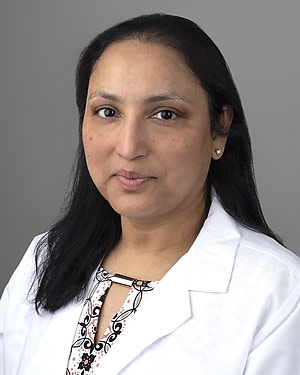
Musculoskeletal Imaging and Interventions
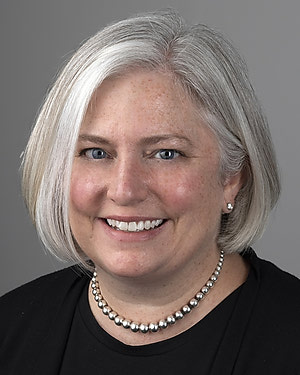
Dr. Cutts' scholarly interests center on the workforce development of the entire radiology team. Current projects relate to optimizing educational methods, understanding personnel perceptions in the care of transgender patients, and evaluating causes of moral distress in trainees and program directors.
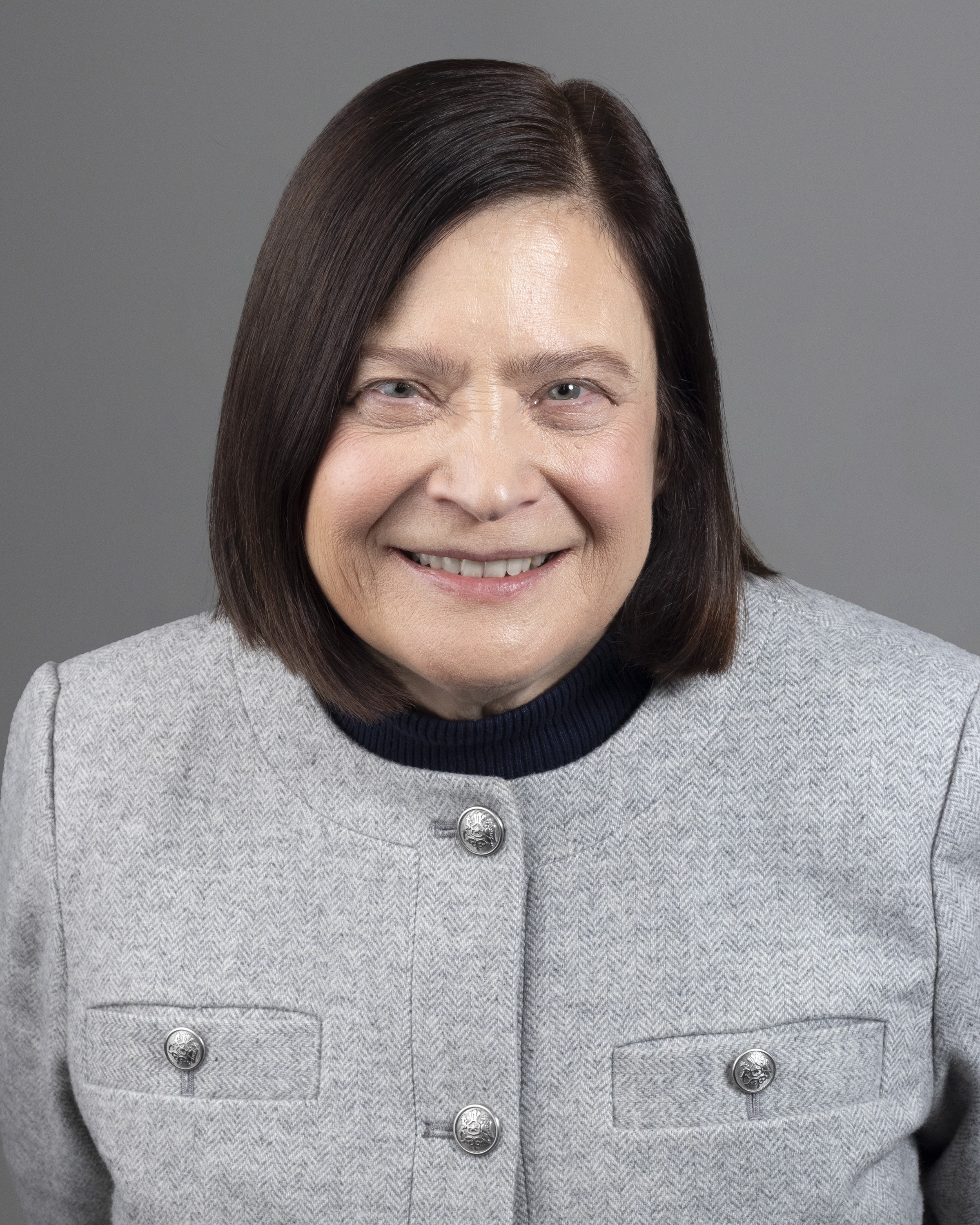
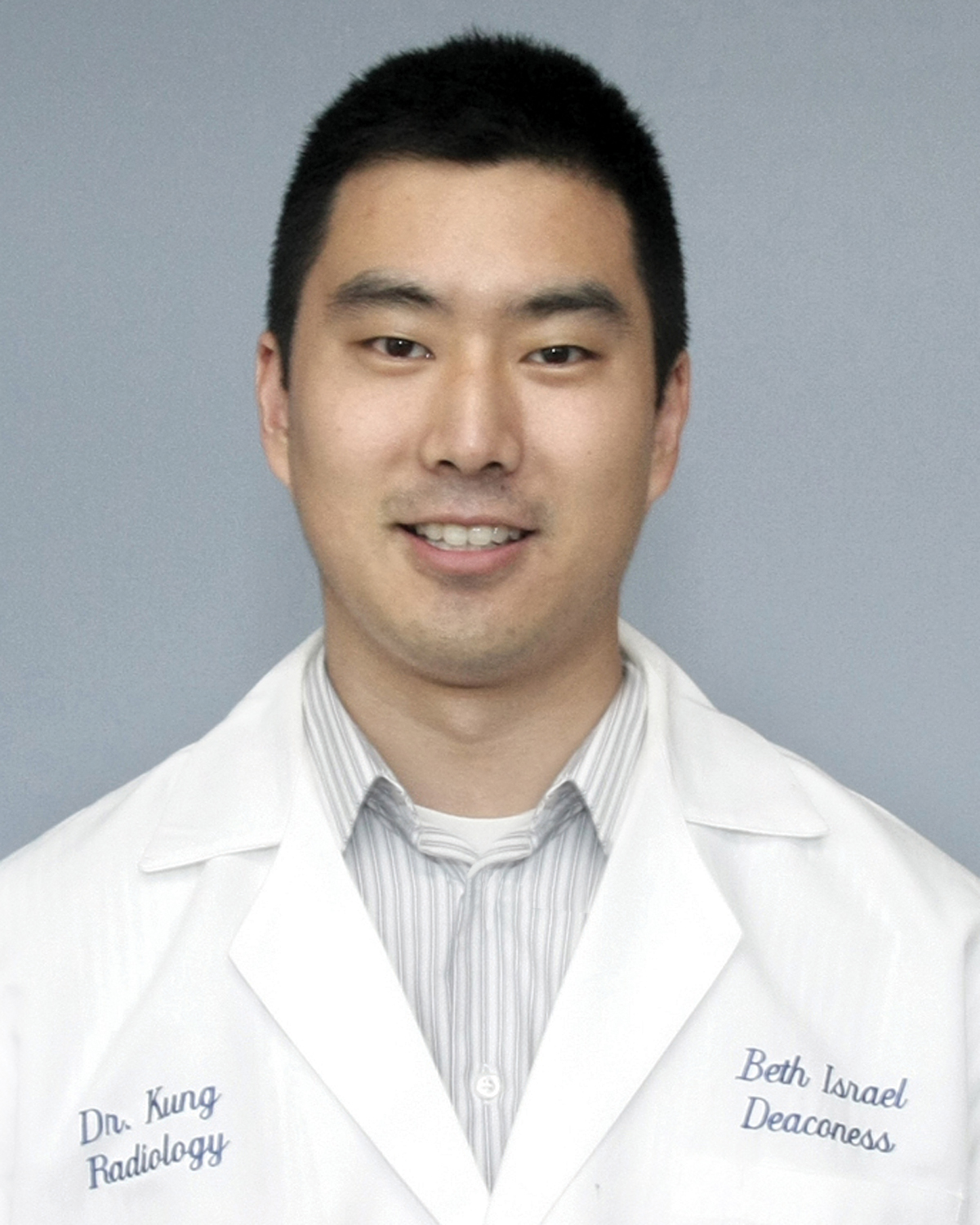
Neuroradiology


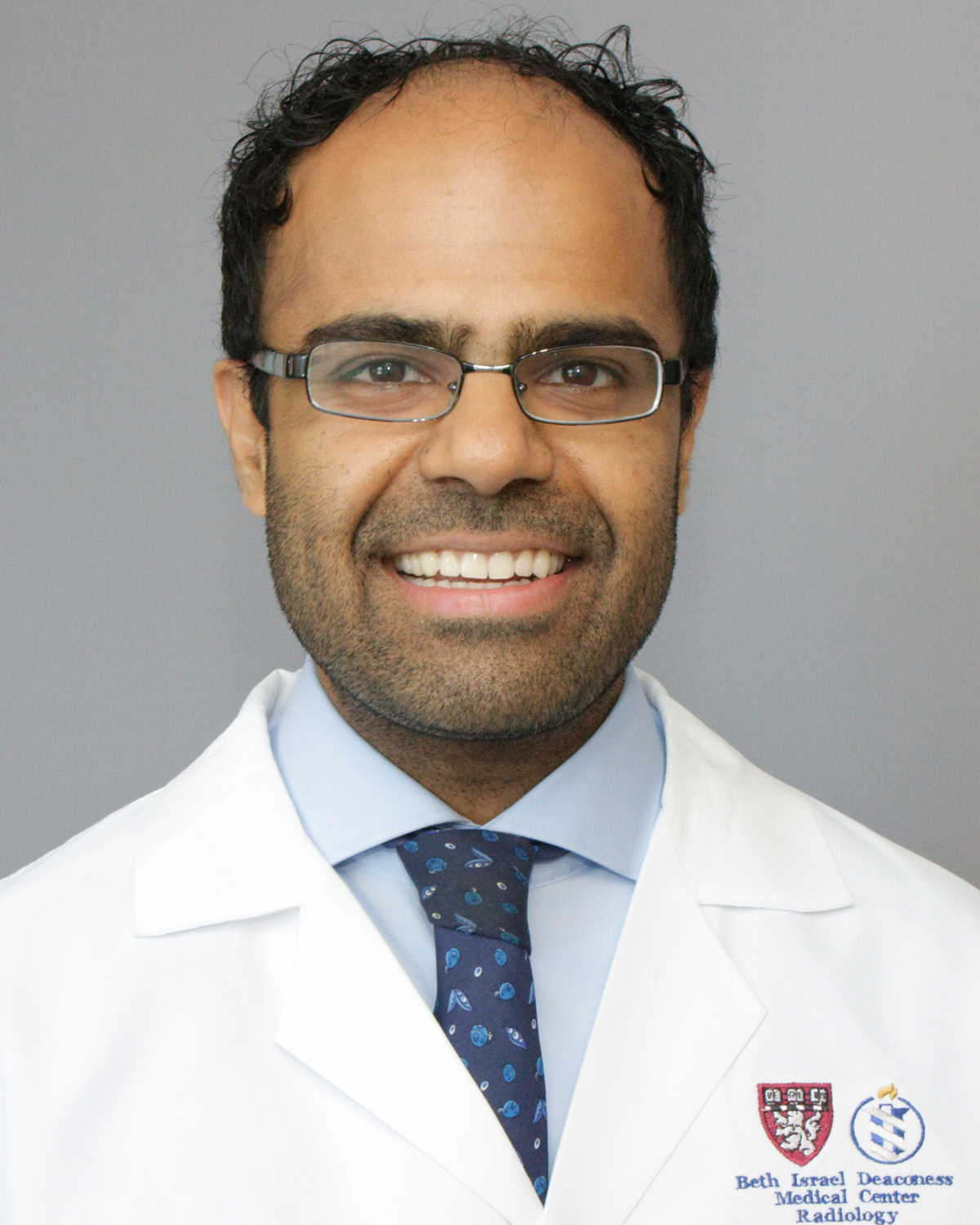
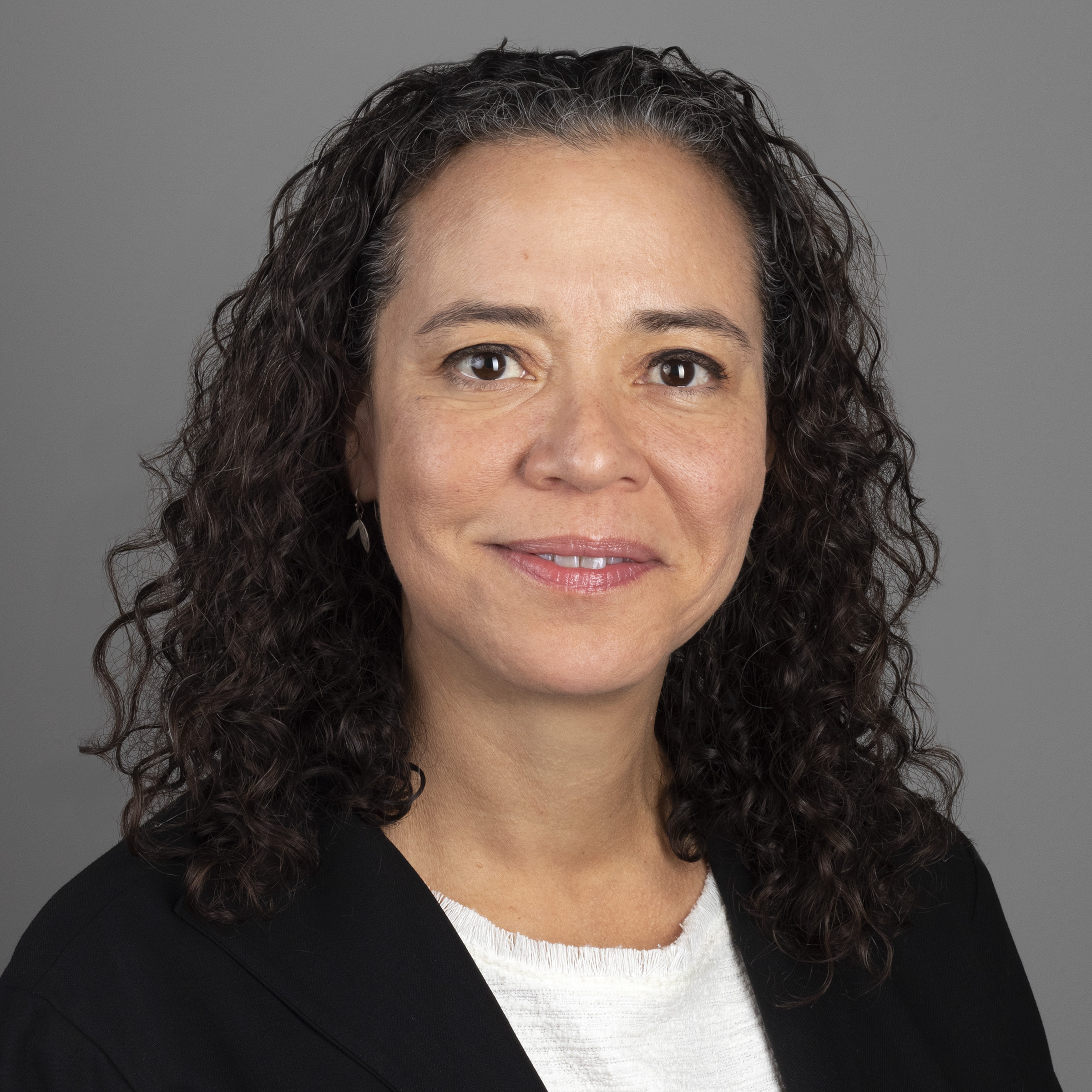
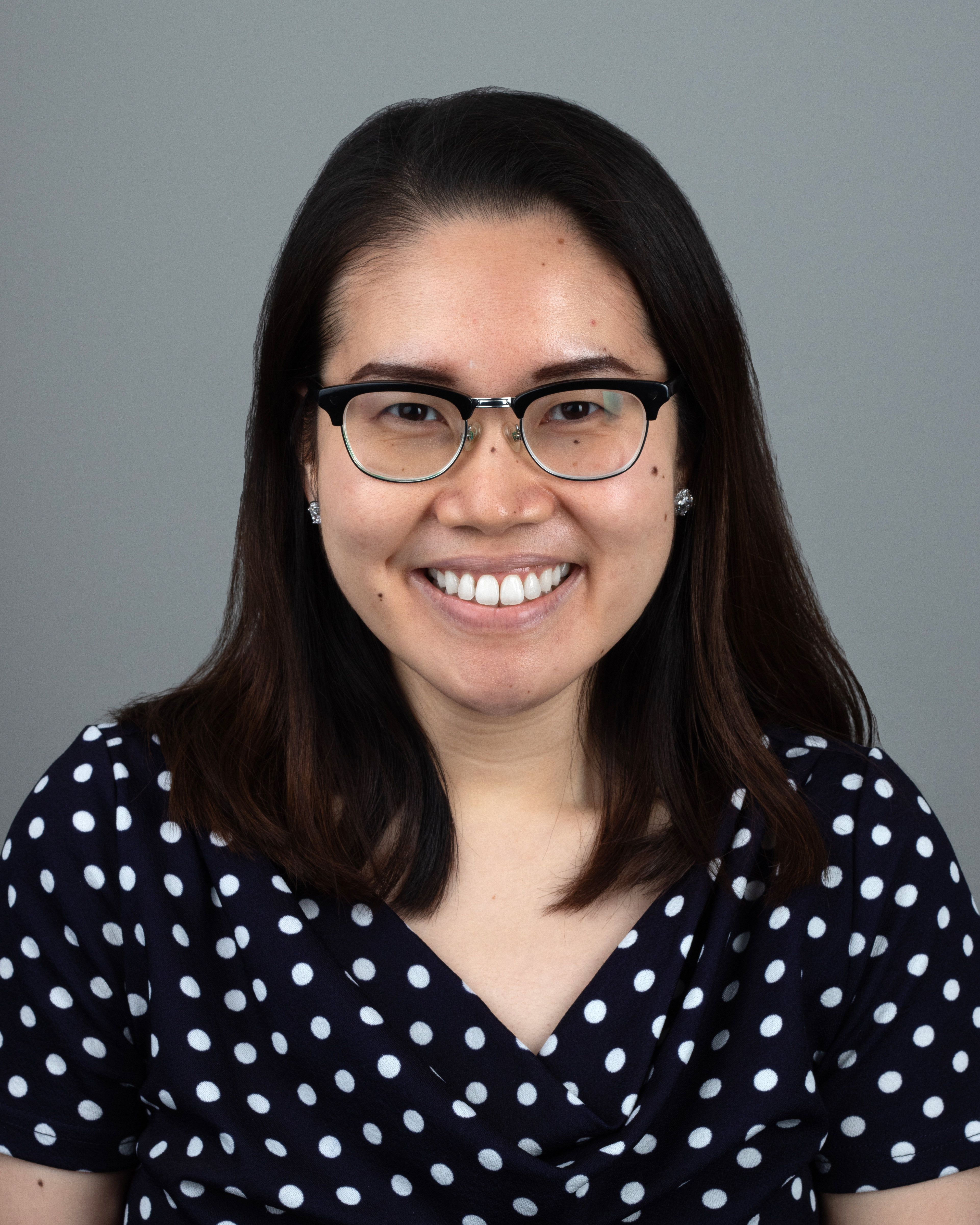
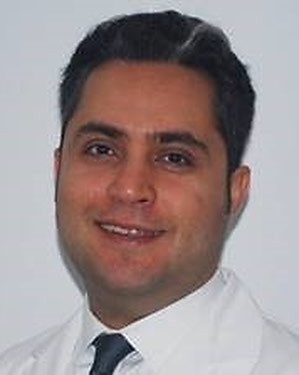
Dr. Kamalian's research and clinical interests have primarily focused on advanced neuroimaging in acute ischemic stroke, neurological applications of Dual Energy CT, and CT protocol optimization for radiation dose reduction.
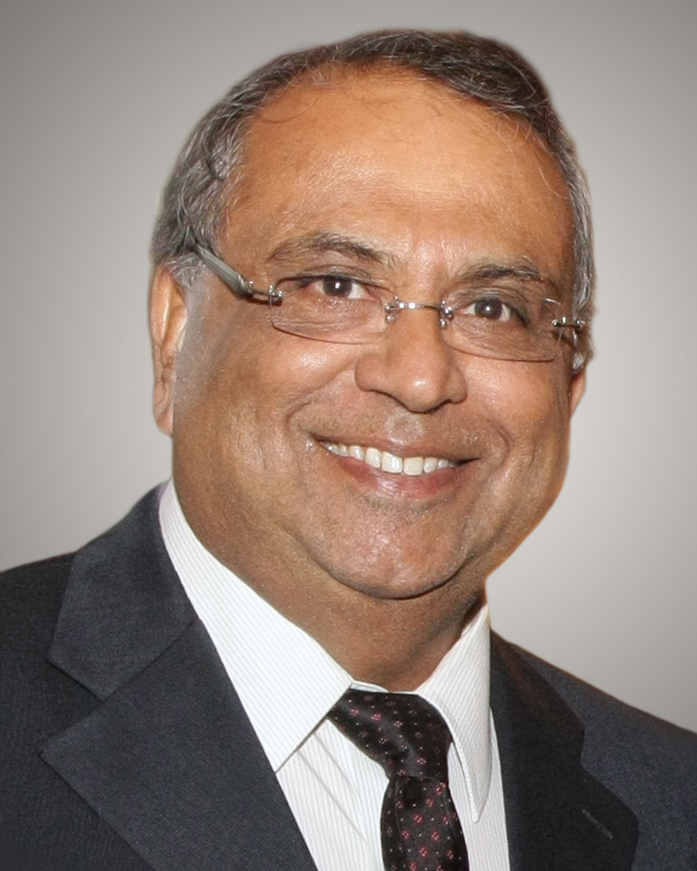
Rafeeque A. Bhadelia, MD, DMR, MB, BS
Dr. Bhadelia’s research seeks to advance novel imaging techniques to improve treatment outcomes. Notably, Dr. Bhadelia focuses on the detection of CSF and brain motion using MRI and its application in the diagnosis and management of CSF circulation disorders, especially in patients with Chiari I malformation. Dr. Bhadelia also studies the relationship between diet and cognition as a co-investigator in the NIH-funded community-based Boston Puerto Rican Health Study (BPRHS).
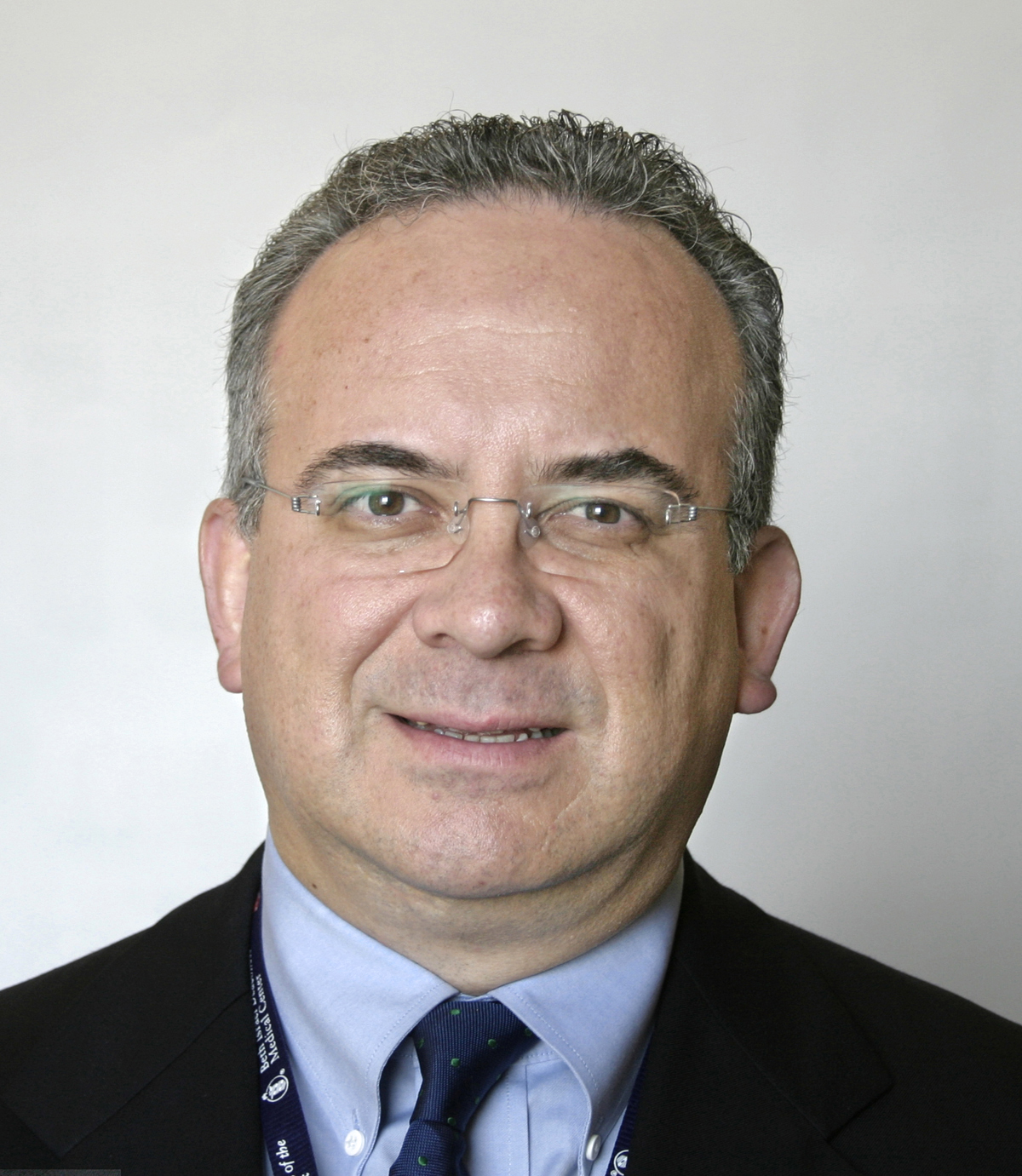
As a clinical radiologist and assistant professor of radiology specializing in neuroradiology at Beth Israel Deaconess Medical Center, ~80% of Dr. Rojas' time is devoted to clinical activities, with the remaining 20% to research/investigation.
His research efforts have focused on brain imaging using MRI, particularly functional MRI (fMRI), and MR spectroscopy in brain neoplasms, fMRI using resting-state sequences in pre- and post-surgical brain neoplasms, stroke, epilepsy, CNS infections, and neuroimaging in drug and substance abuse.
Vascular and Interventional Radiology
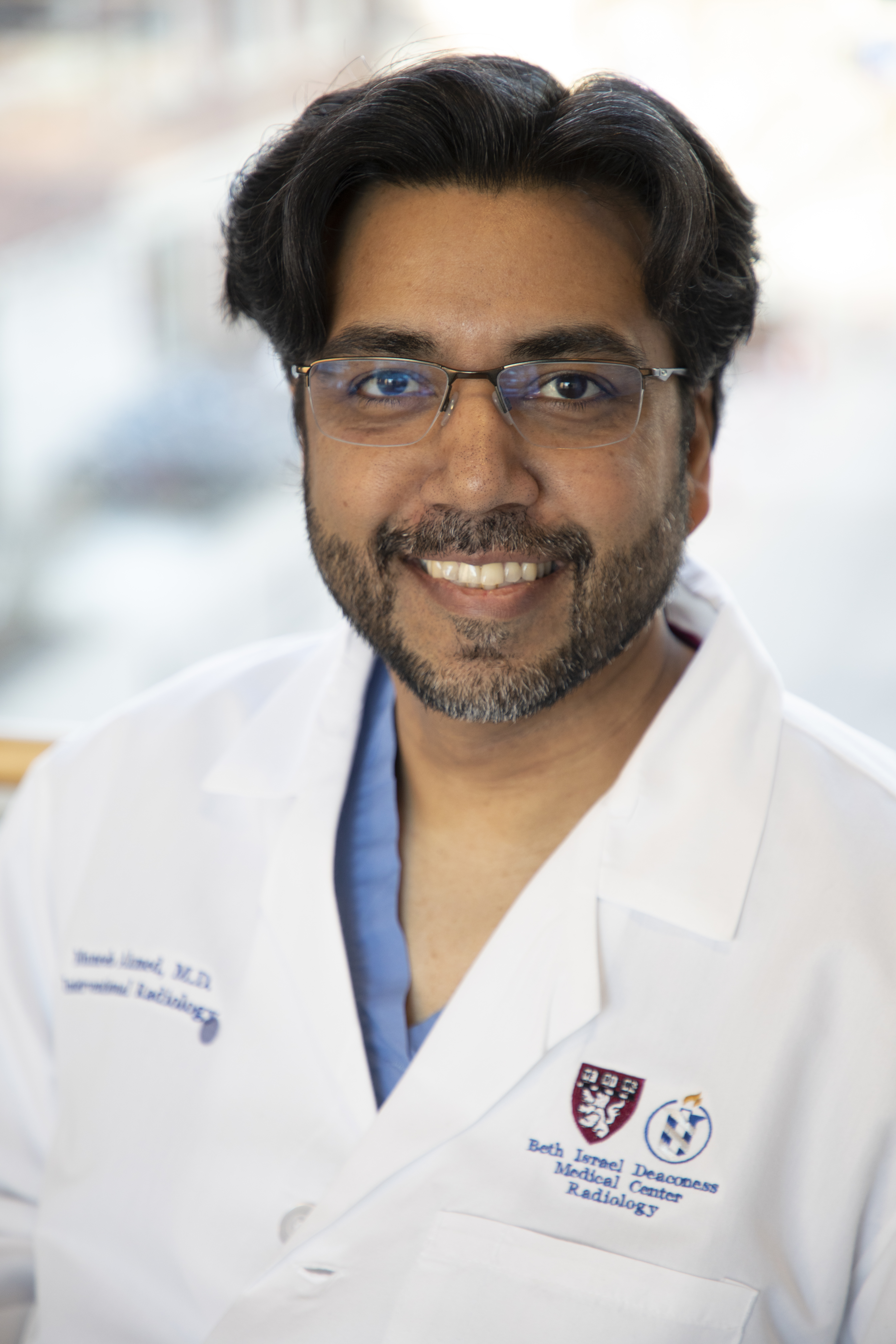
Dr. Ahmed’s primary clinical and research interests are in Interventional Radiology treatments for cancer including image-guided tumor ablation and embolization, including studying tumor ablation biology, targeted drug delivery, and systemic effects of locoregional cancer therapies. He also studies interventional treatments for complex portal hypertension, including portal vein thrombosis.
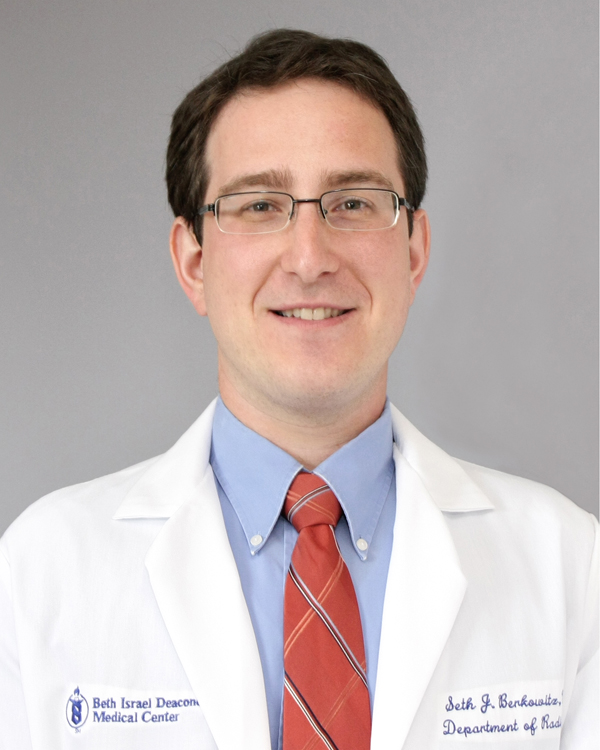
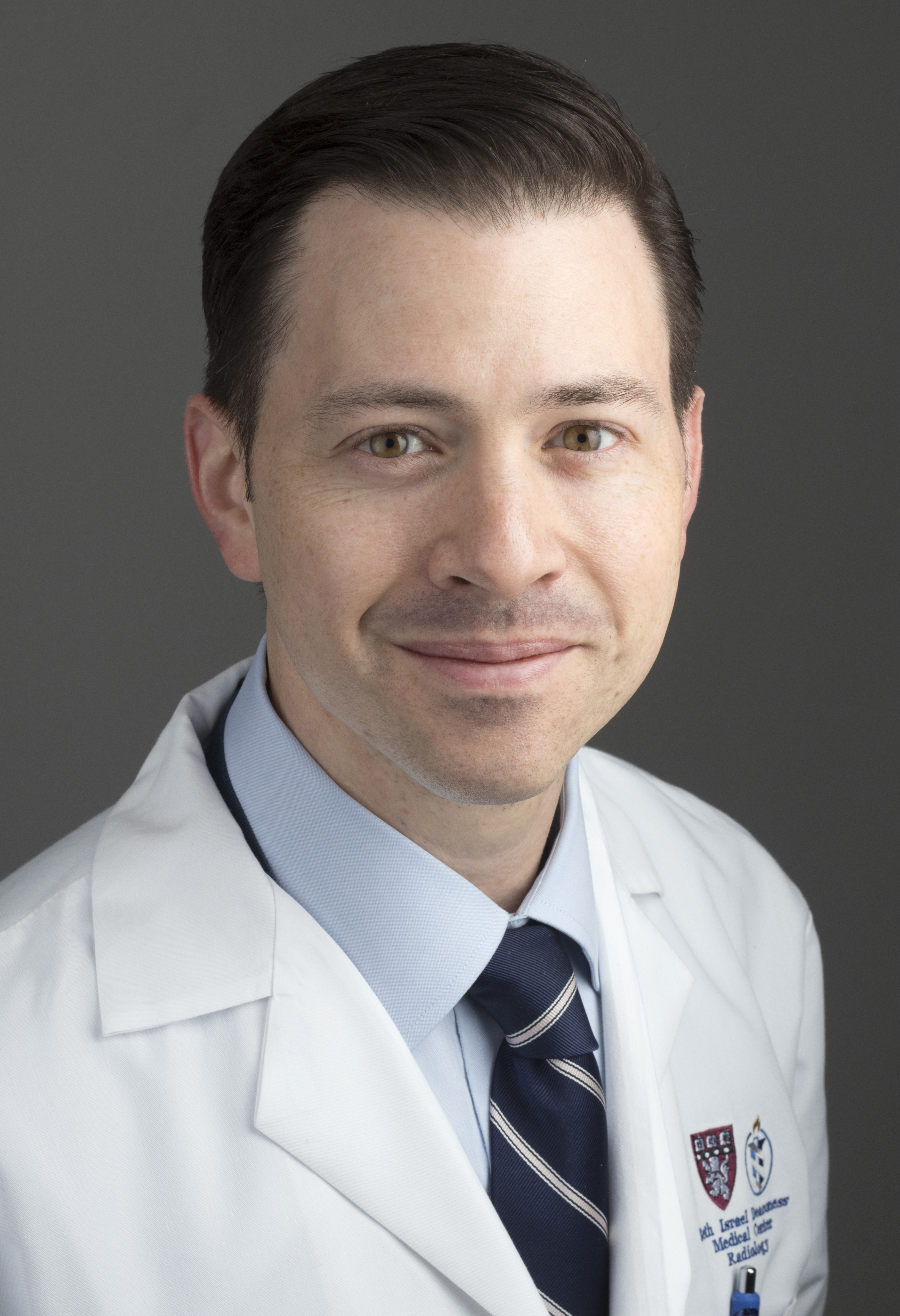
Dr. Weinstein performs research on emerging technologies in medical education including motion analysis and simulation. Additionally, Dr. Weinstein is clinically interested in research involving lymphatic and venous interventions.
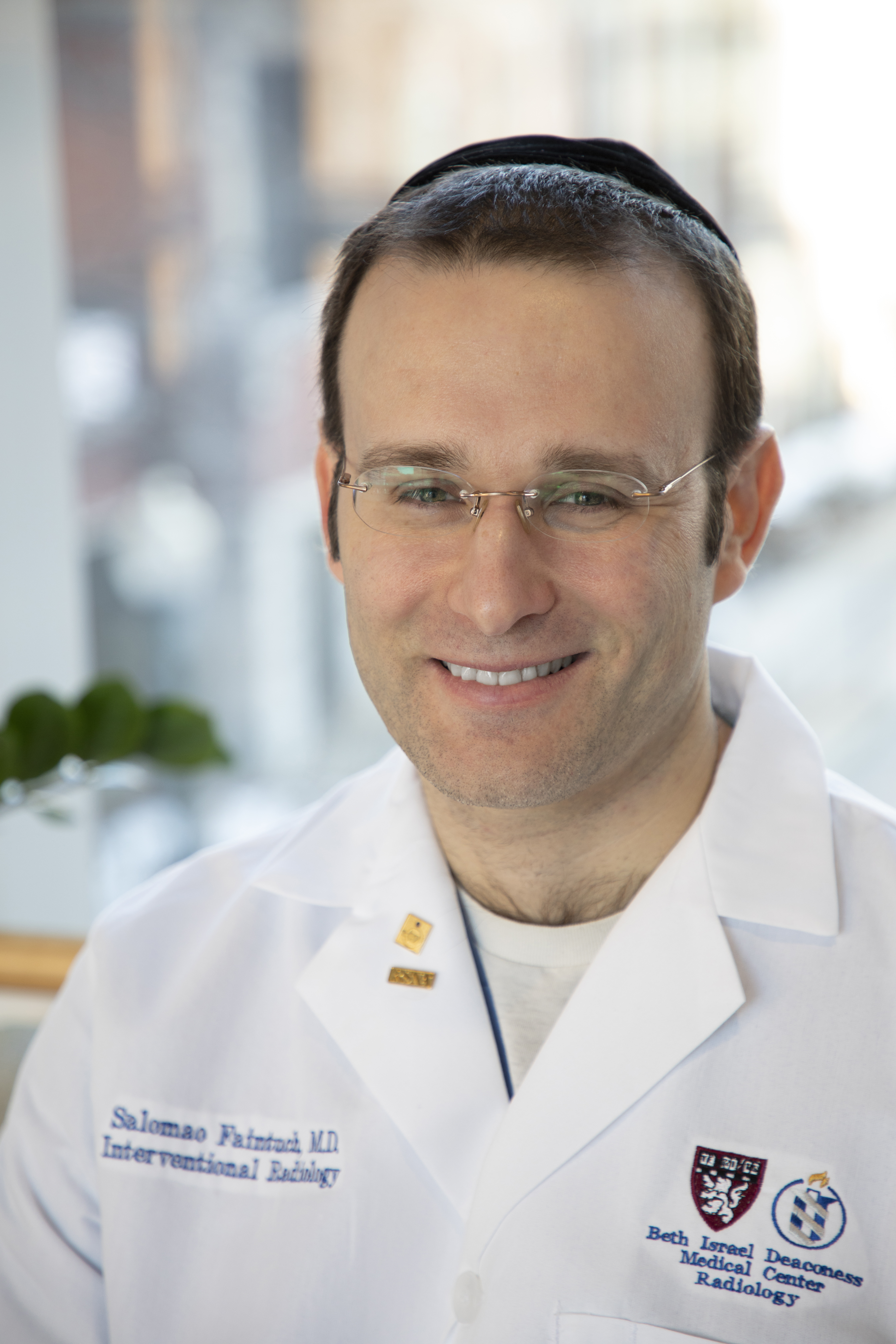
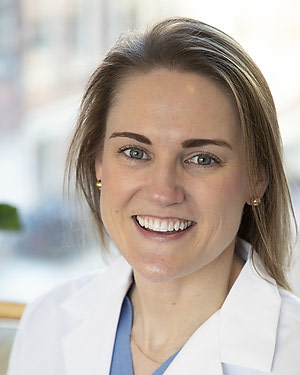
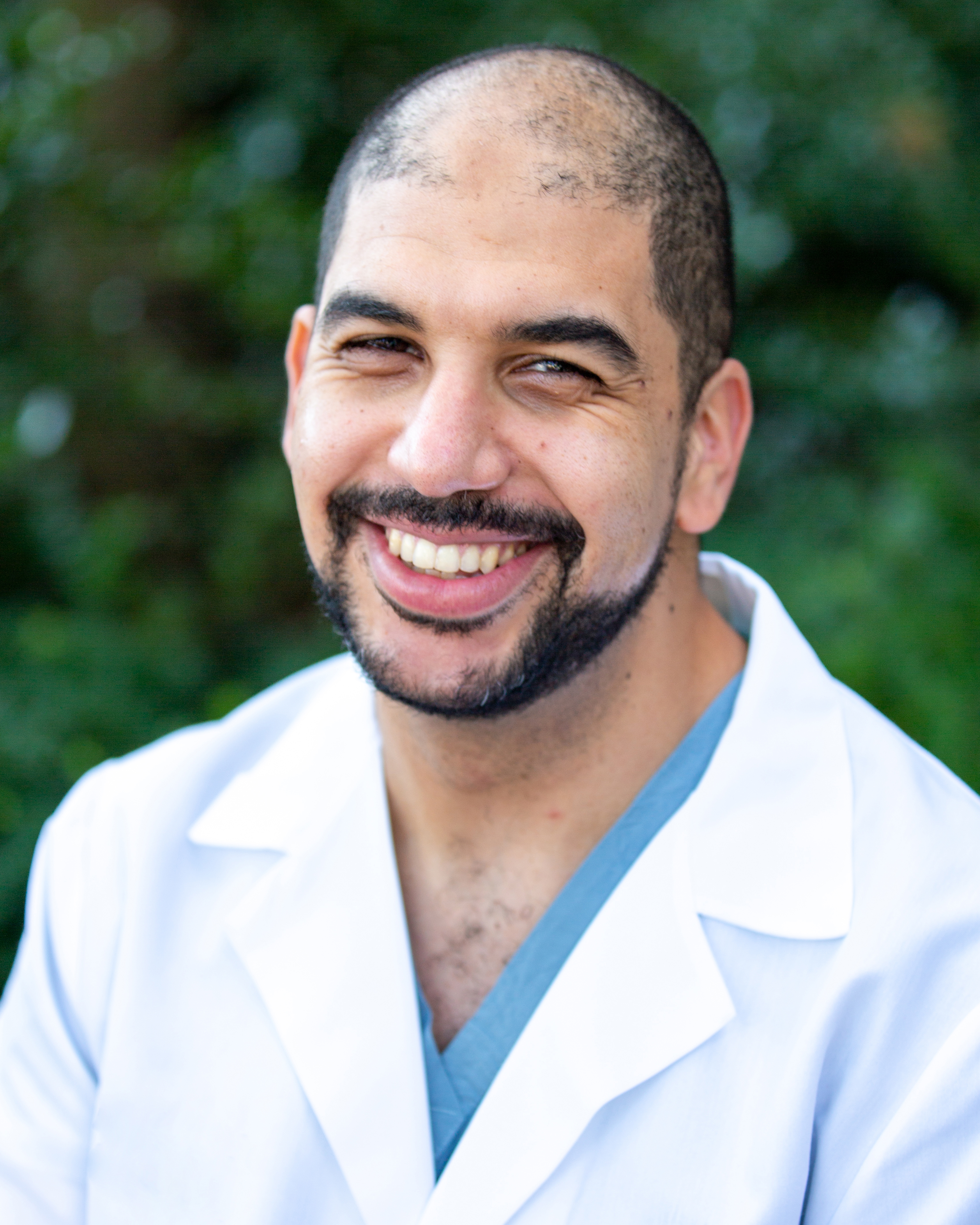
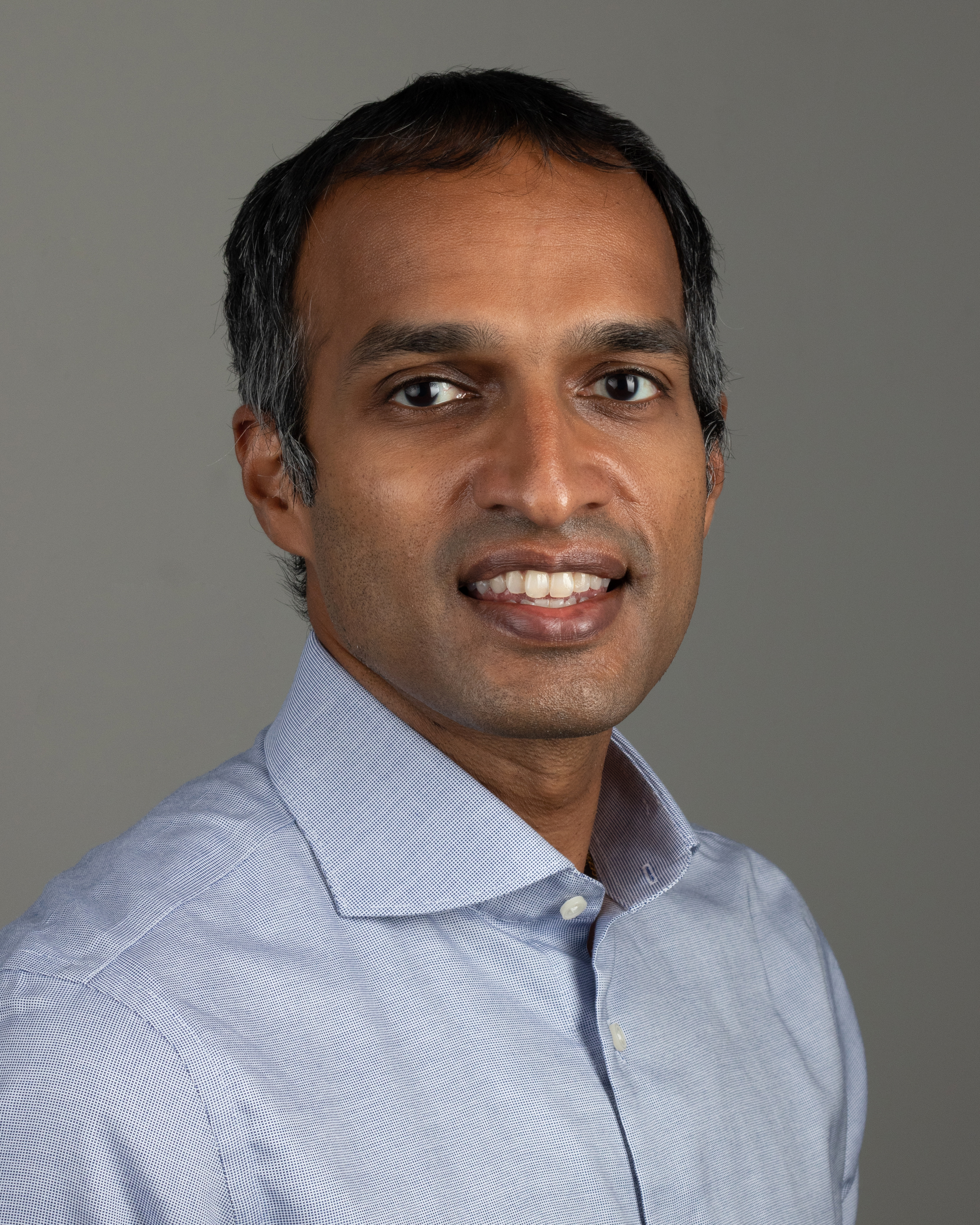
Dr. Ramalingam’s research interests include projects related to the management and treatment of patients with splanchnic venous thrombosis as well as advanced portal venous interventions. Additionally, he is interested in work related to evaluating sustainable development of global healthcare delivery and tumor ablation.
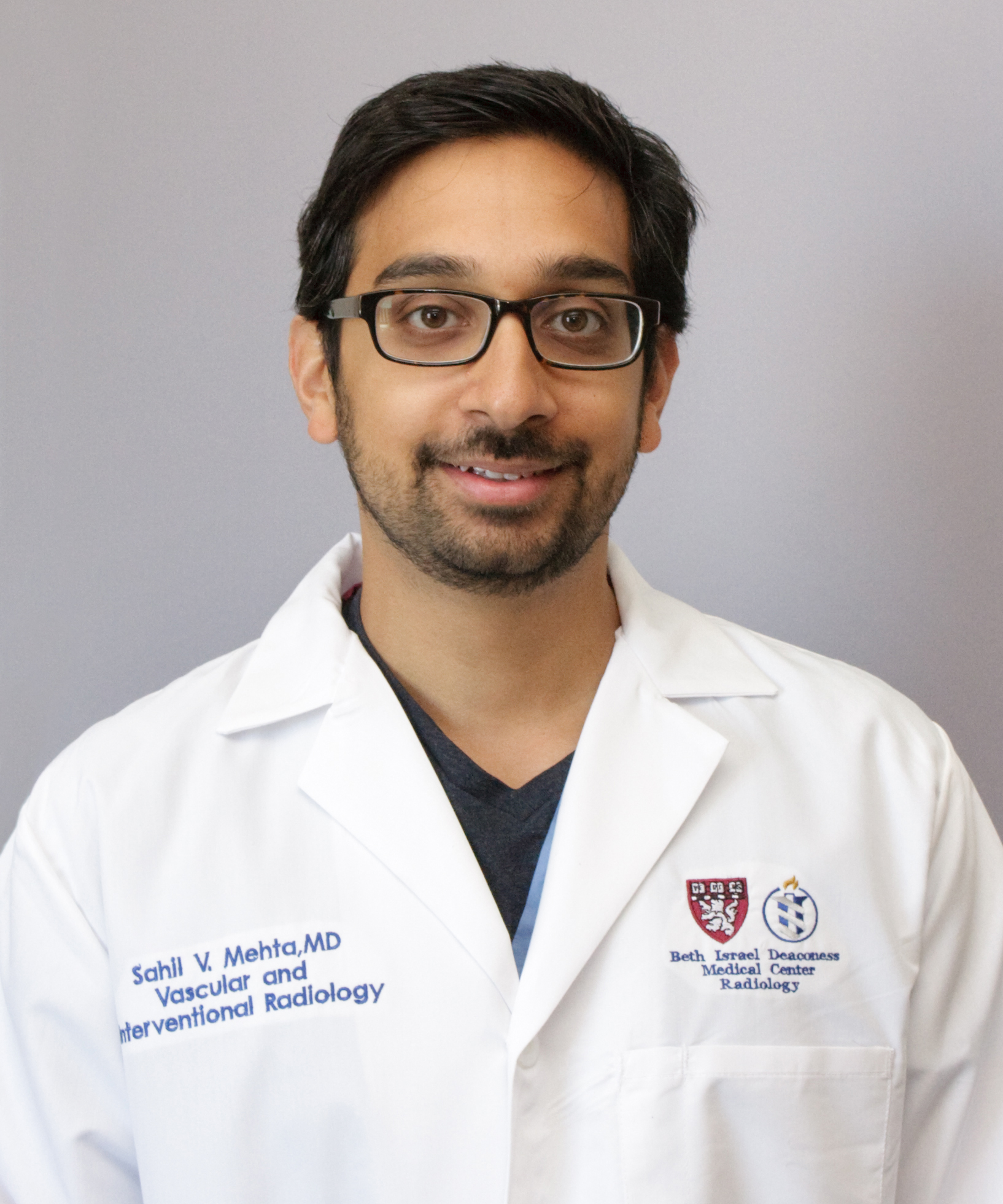

Dr. Dinh's research interests include outcomes research in liver-directed therapies and interventional oncology, including Y90 radioembolization for HCC.
Nuclear Medicine

Breast Imaging
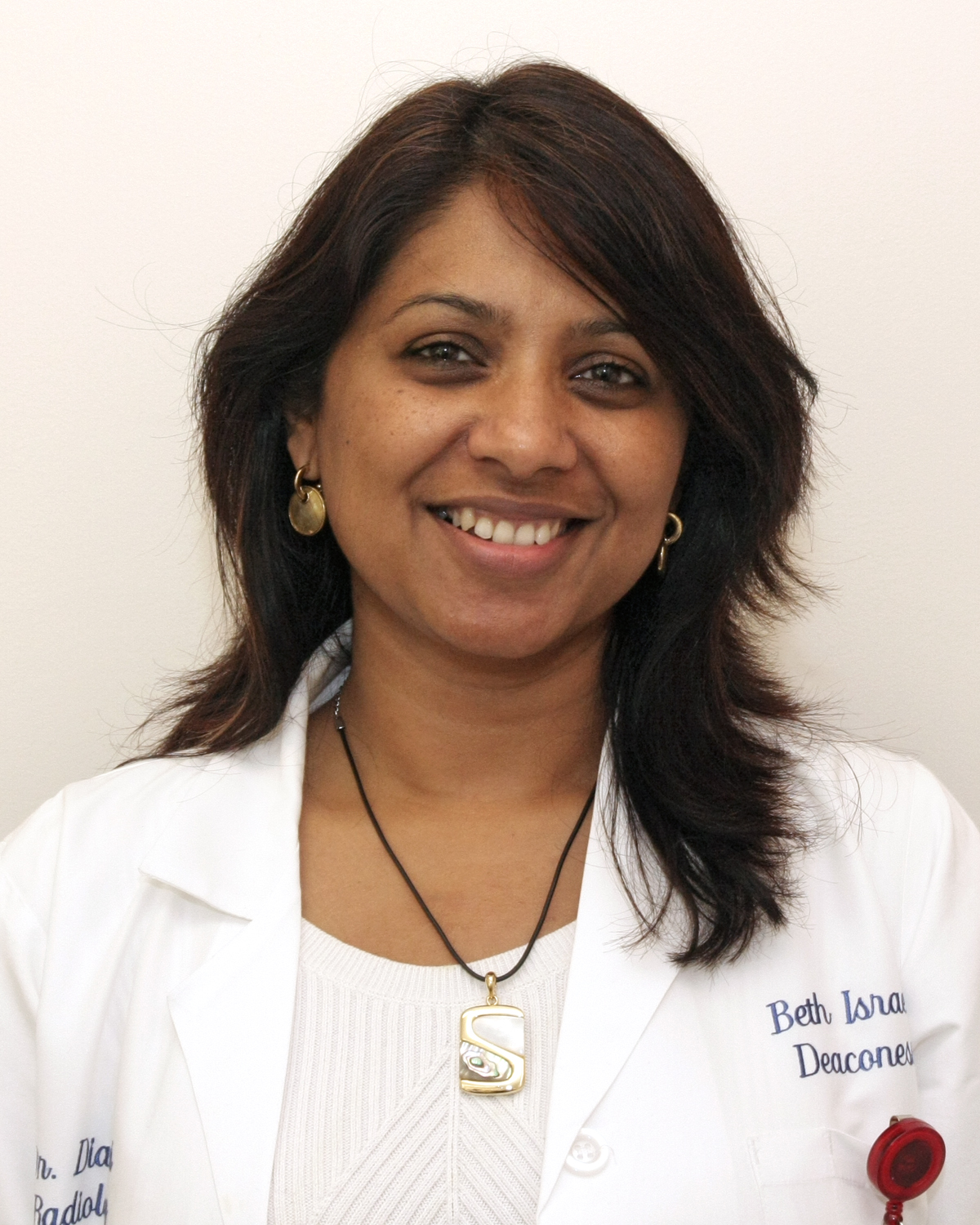
Dr. Vandana M. Dialani’s research focuses on advancing breast imaging to improve cancer detection, treatment monitoring, and clinical decision-making. She has published extensively on the role of breast MRI, including abbreviated MRI, in evaluating response to neoadjuvant therapy, as well as on the use of contrast-enhanced mammography and digital breast tomosynthesis in screening. Her work examines biopsy decision-making for subtle imaging findings such as architectural distortion and axillary lymph nodes. She also studies radiologist burnout and wellness. Through clinical, translational, and survey-based research, Dr. Dialani aims to integrate imaging innovations into evidence-based practice and improve breast cancer care.
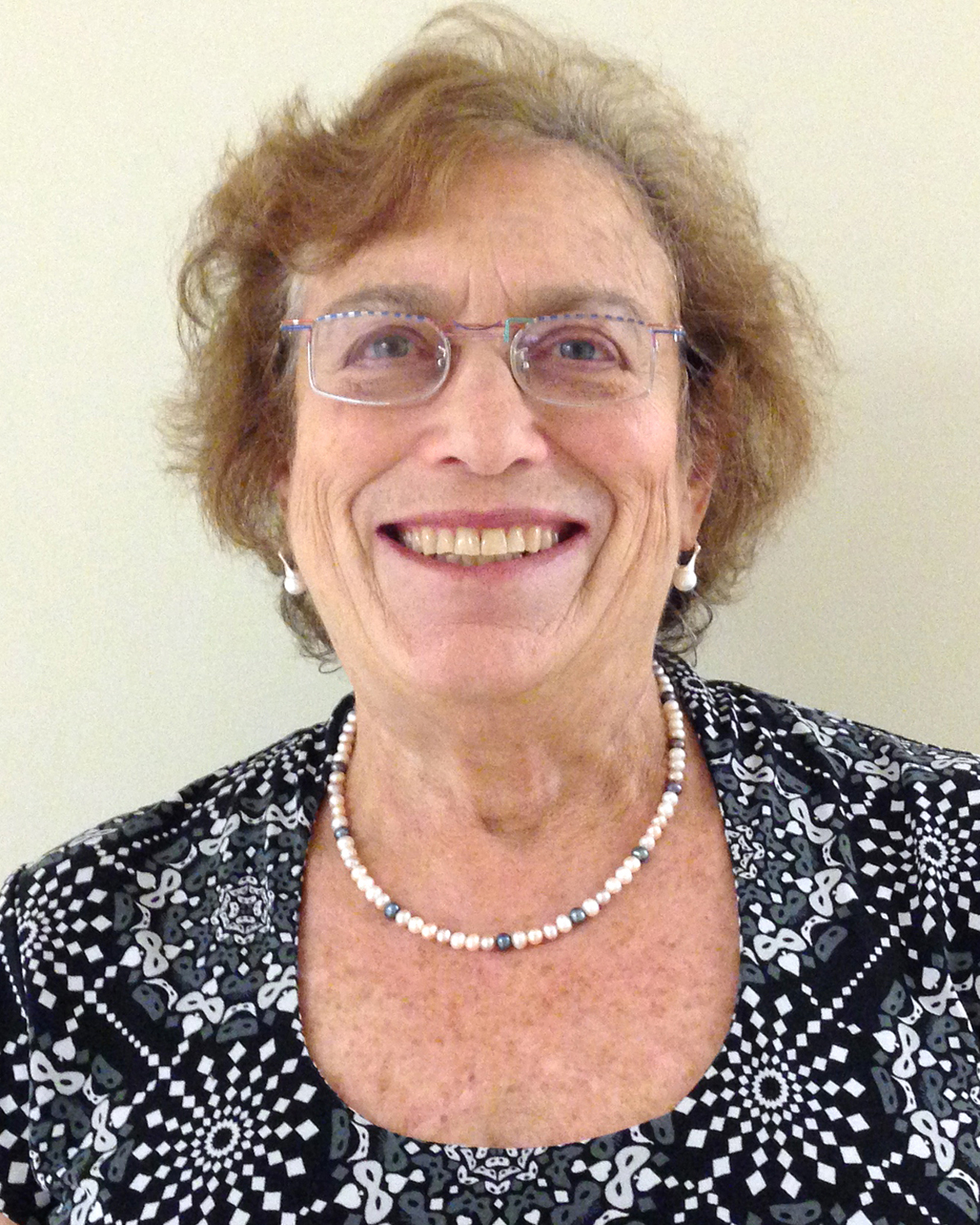

Visiting Professor

Dr. Nougaret is an associate professor at the Montpellier Cancer Institute in the South of France, and her clinical and research interests are in gynecological, rectal, and pancreatic cancer. She is conducting her research in gynecological imaging and expanding further on her interest in preclinical imaging models, working on high-field MRI.
Research Fellows and Staff
Bernardo Alfredo Valencia, MD
HMS Research Fellow Intern
PI: Katja De Paepe, MD, PhD
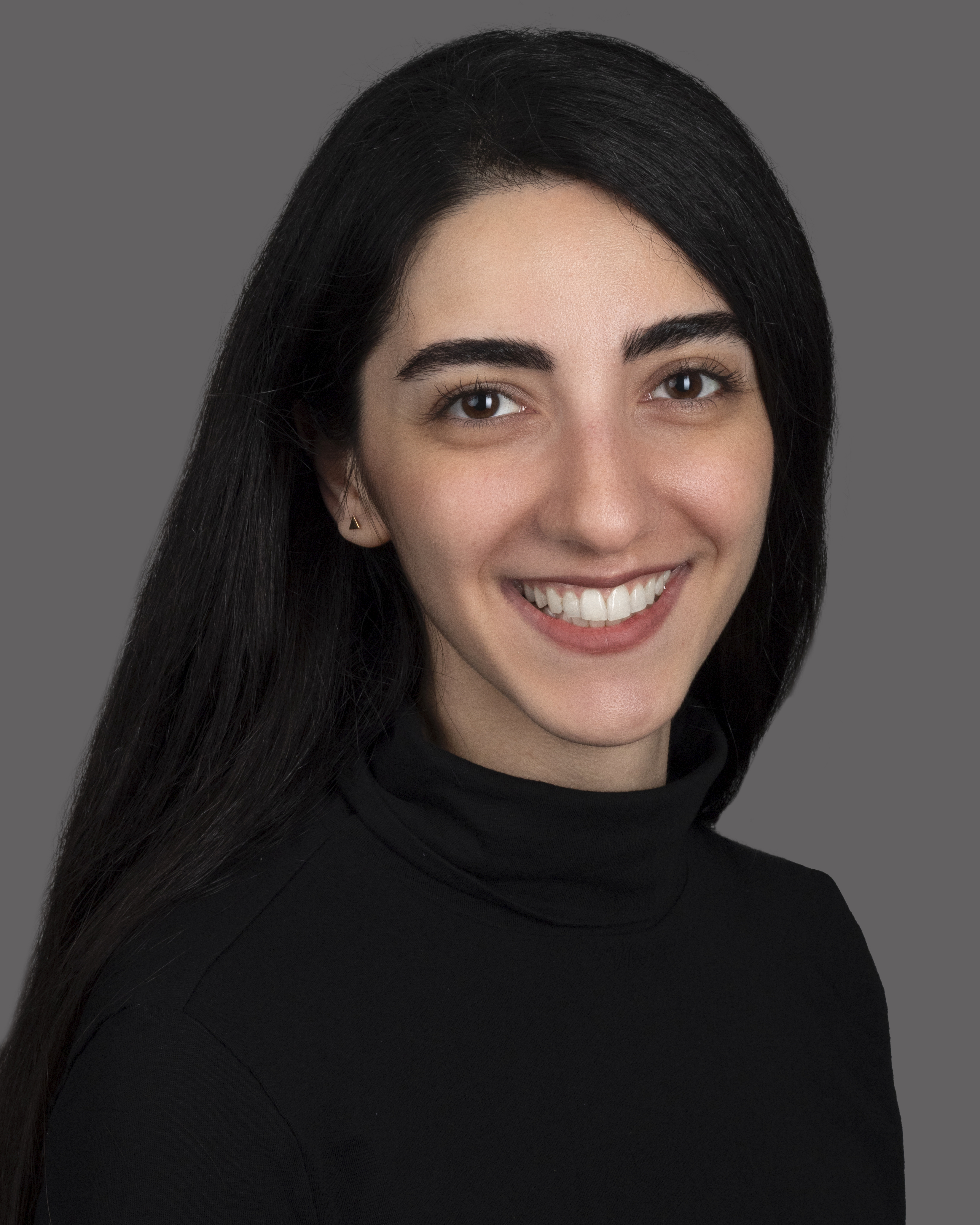 Mahsa Alborzi Avanaki, MD
Mahsa Alborzi Avanaki, MD
HMS Research Fellow
PIs: Donnella Comeau, MD, PhD / David Hackney, MD
Nitai Bar, MD
HMS Research Fellow
PI: Diana Litmanovich, MD
Mohammed Elkholy, MD
HMS Research Fellow Intern
PIs: Marwan Moussa, MD / Muneeb Ahmed, MD
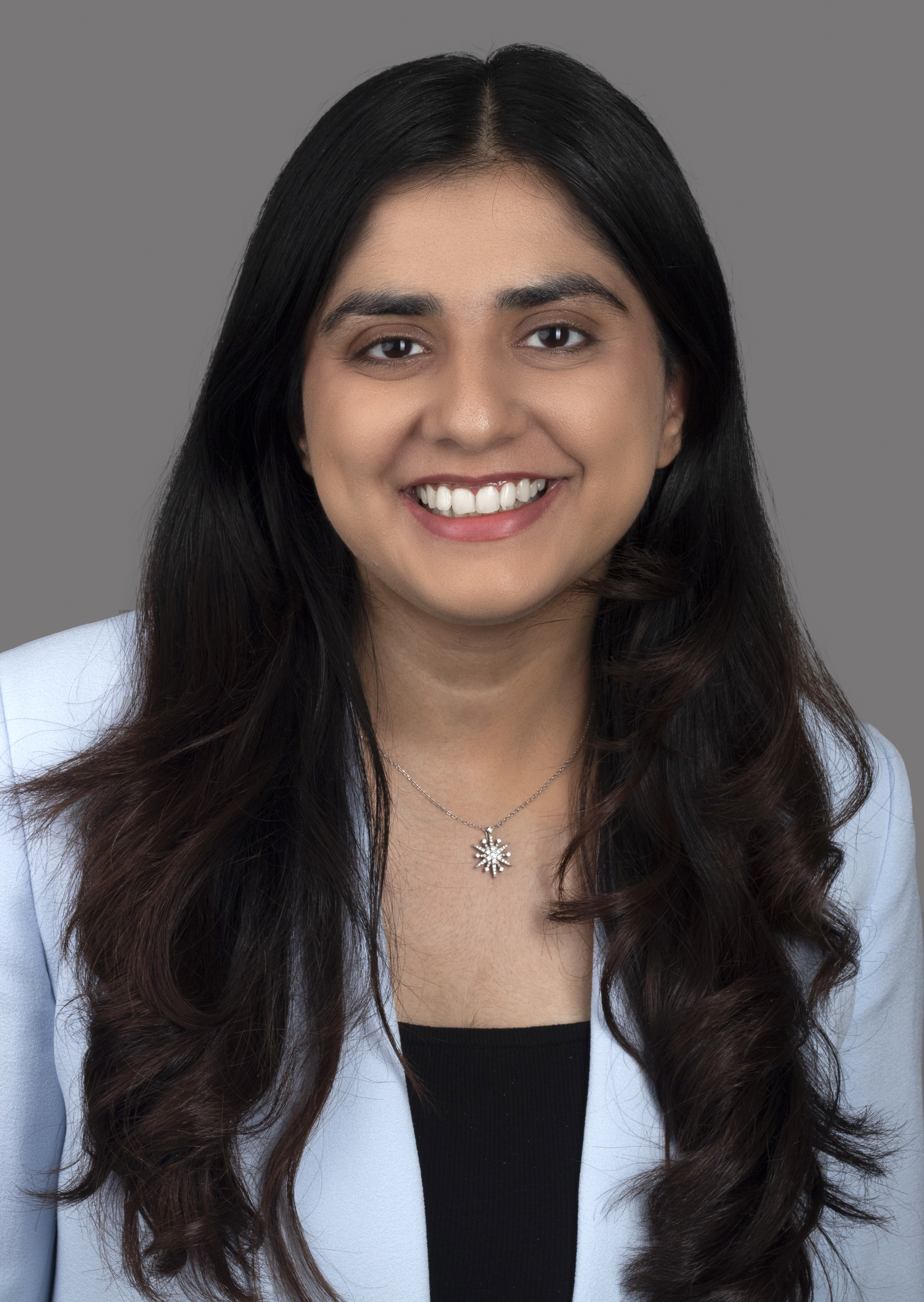 Zohaa Faiz, MD
Zohaa Faiz, MD
HMS Research Fellow
PI: Ammar Sarwar, MD
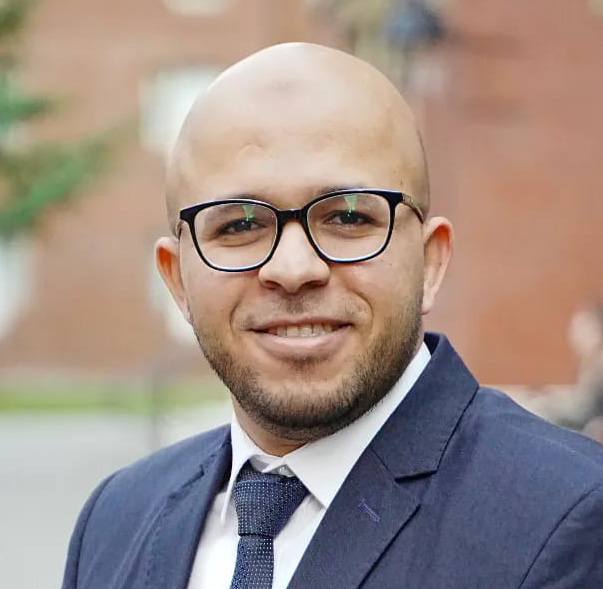 Mohamed Farghaly, MD
Mohamed Farghaly, MD
HMS Research Fellow
PIs: Marwan Moussa, MD / Muneeb Ahmed, MD
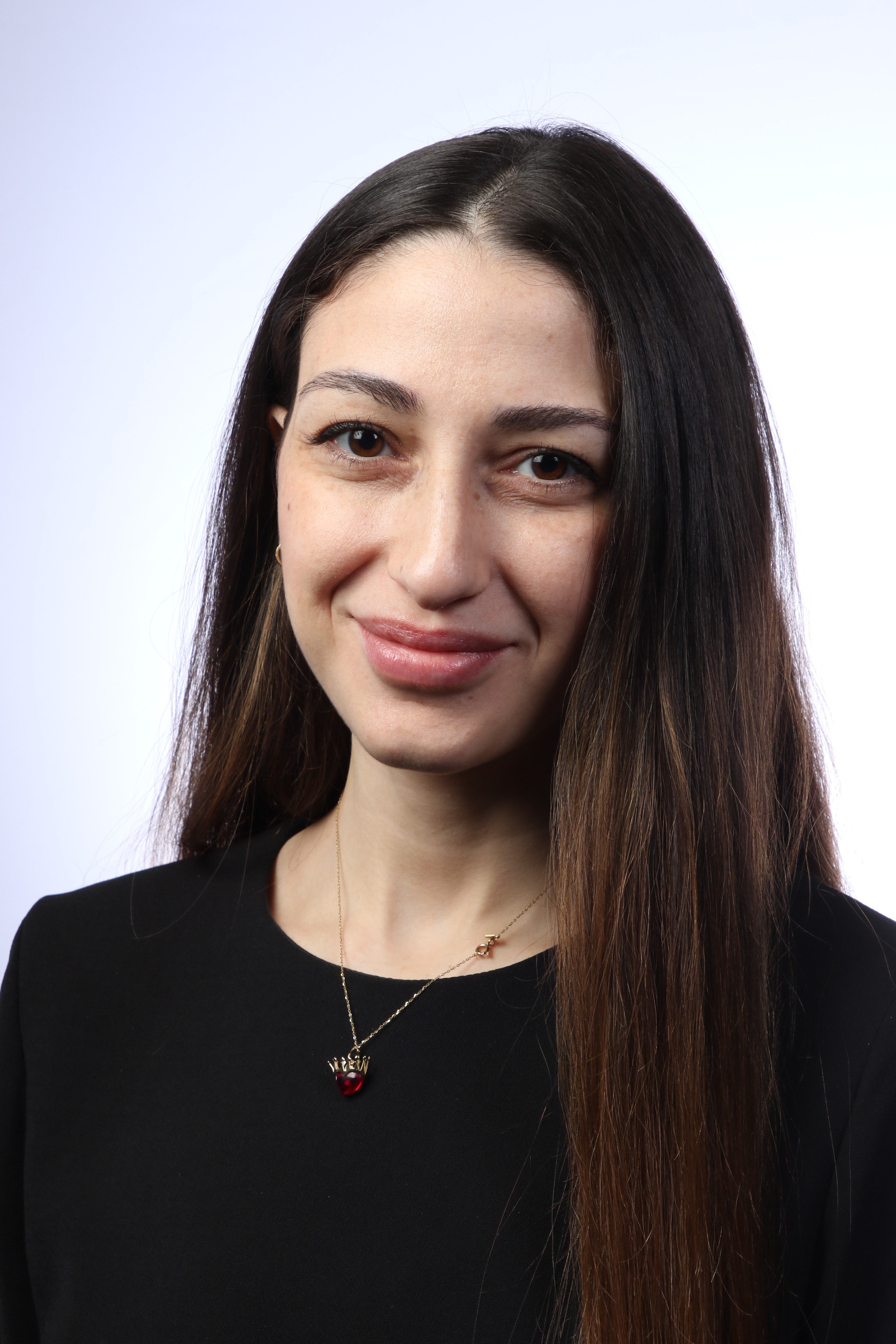 Narjes Jaafar-Snee, MD
Narjes Jaafar-Snee, MD
Program Manager, Research
PI: David Alsop, PhD
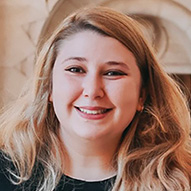 Yuval Liberman, MD
Yuval Liberman, MD
HMS Research Fellow
PI: Diana Litmanovich, MD
Ahmad Maaly, MD
HMS Research Fellow Intern
PIs: Marwan Moussa, MD / Muneeb Ahmed, MD
 Oussama Metrouh, MD
Oussama Metrouh, MD
HMS Research Fellow
PI: Jeffrey Weinstein, MD
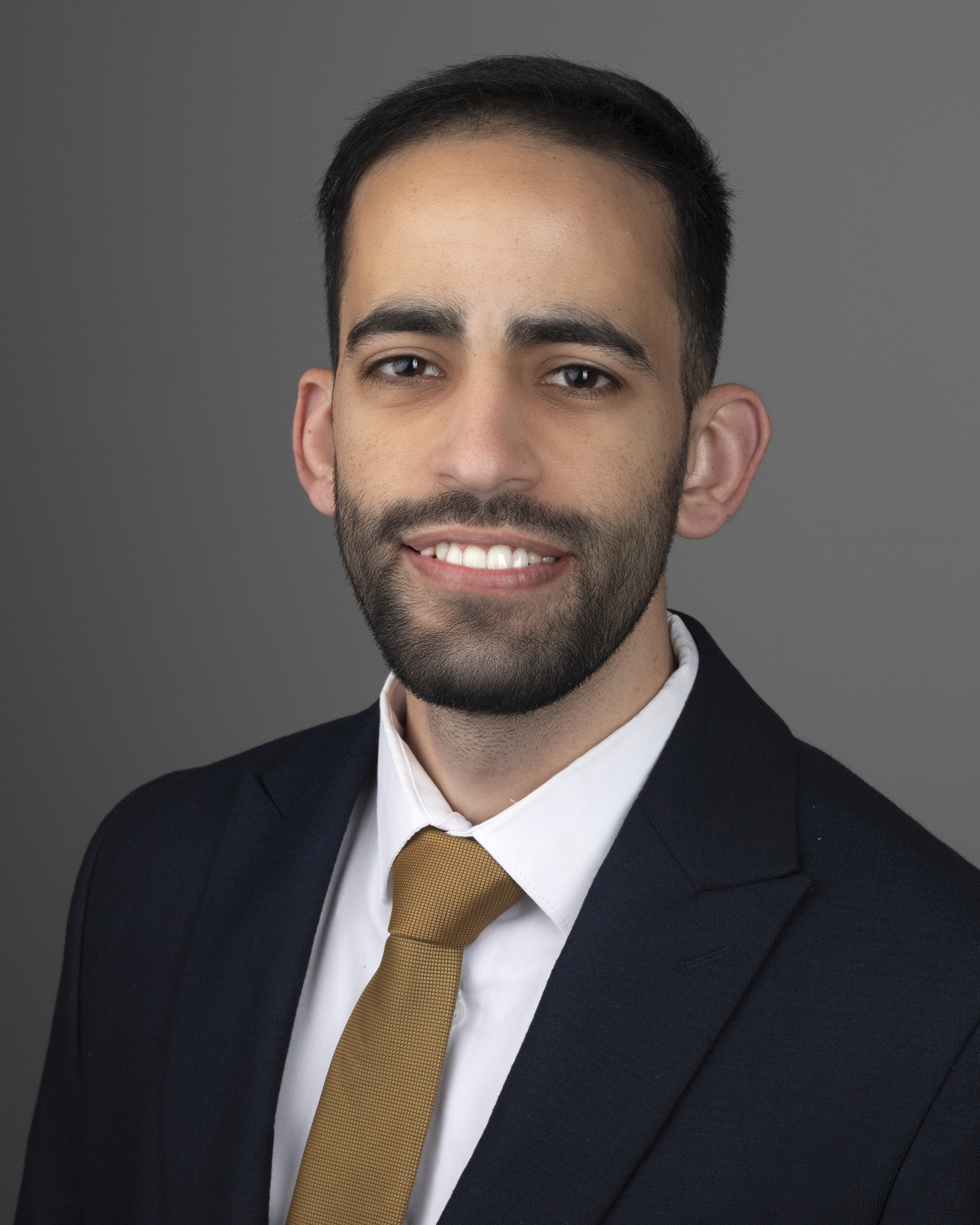 Mahmoud Odeh, MD
Mahmoud Odeh, MD
HMS Research Fellow
PI: Ammar Sarwar, MD
Dr. Odeh’s research focuses on Interventional Oncology, particularly on 90Y radioembolization of primary liver tumors and post-treatment voxel-based dosimetry.
Nathan Yoguez, MPH, CCRP®
Sr. Research Coordinator
PI: Ammar Sarwar, MD
Nathan Yoguez is a senior research coordinator serving the interventional radiology (IR) clinical trials team. These IR research projects include those focused Y90 radioembolization for hepatocellular carcinoma (HCC) and hypovascular tumors; embolization for hypervascular tumors and blood vessels to occlude blood flow for control of bleeding/hemorrhage in the peripheral vasculature; catheter-assisted treatments for pulmonary embolism (PE); stent devices for the treatment of complications from portal hypertension; and sheath devices to prevent clinically significant PEs in the IVC during thrombectomy procedures to treat deep vein thrombosis (DVT). Prior research experience includes studies focusing on the prevention of colorectal/rectal and lung cancers, and on biobanking.
Administrative Team:
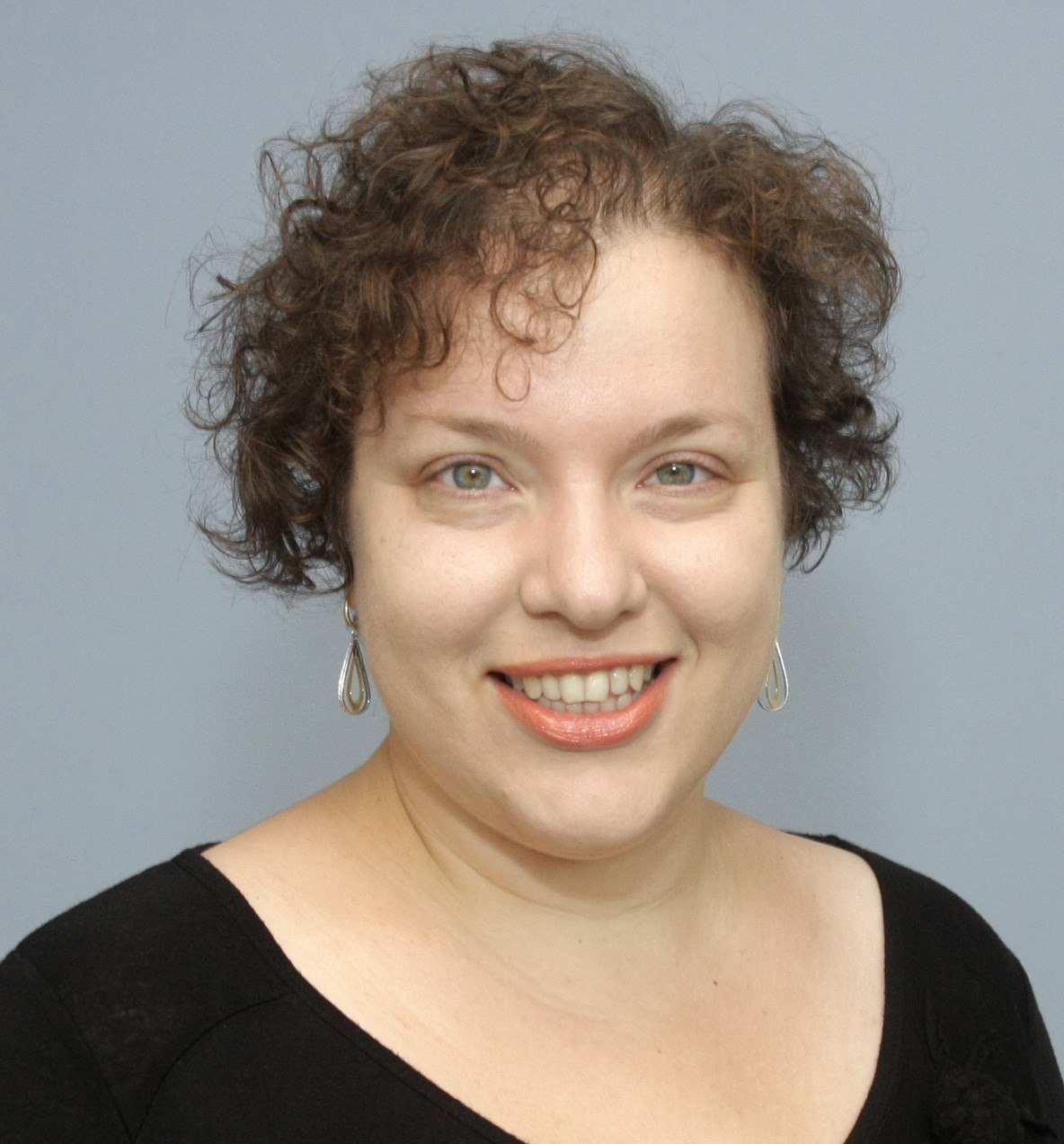 Dr. Olga R. Brook
Dr. Olga R. Brook
Vice Chair of Research, Department of Radiology
Email: obrook@bidmc.harvard.edu
 Dr. Deborah Burstein
Dr. Deborah Burstein
Grant Advice for Radiology
Email: dburstein@bidmc.harvard.edu
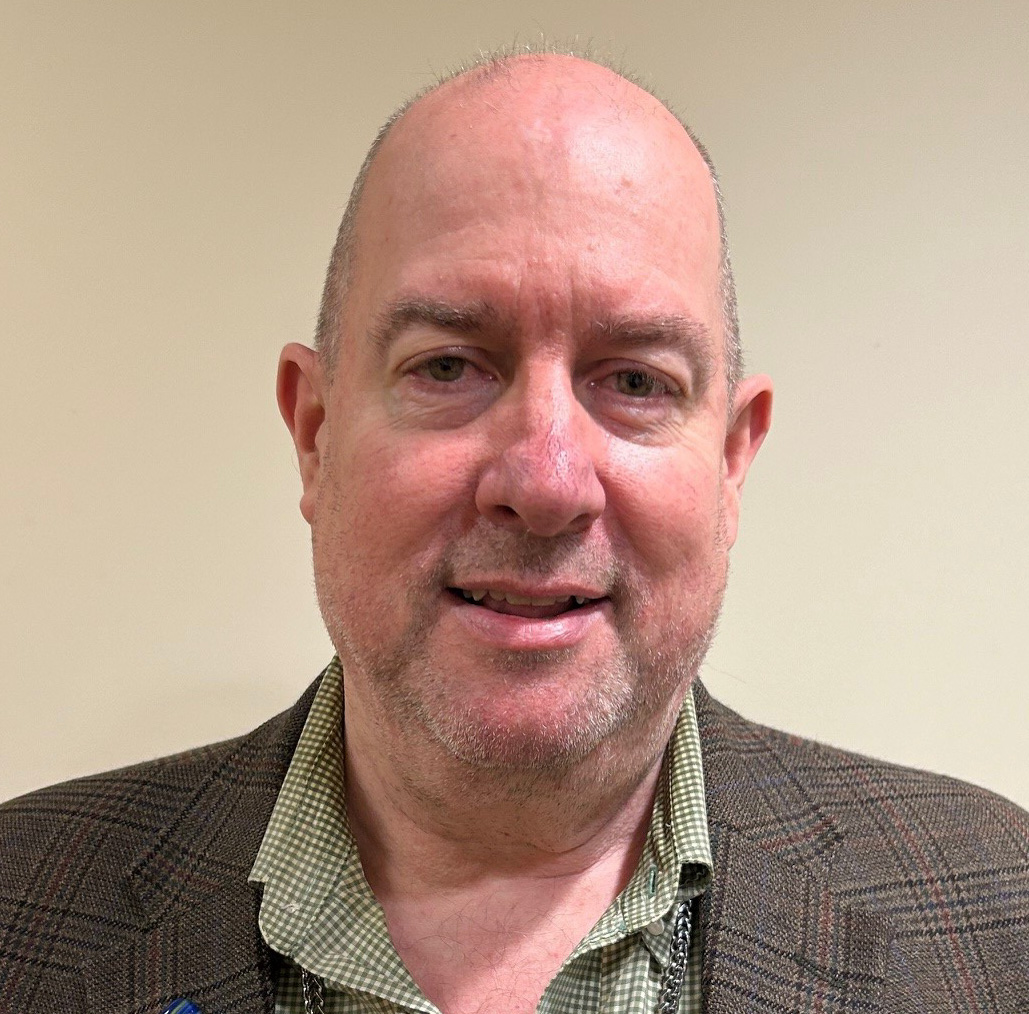 Marc McCall
Marc McCall
IRB Administrator for Radiology
Email: mmccall1@bidmc.harvard.edu
 Dr. Emma Pinjic
Dr. Emma Pinjic
Associate Director, Radiology Research
Email: epinjic@bidmc.harvard.edu
Dr. Pinjic leads radiology research operations, overseeing clinical studies, ensuring regulatory compliance, managing research staff, and supporting faculty in study design and execution. She fosters a culture of innovation through interdisciplinary collaboration and mentorship.
 Lindsay Oslund
Lindsay Oslund
Radiology Communications Director
and Research Website Administrator
Email: LOslund@bidmc.harvard.edu
Maya Wasserman
Research Administrator for Radiology
Email: mwasser1@bidmc.harvard.edu

